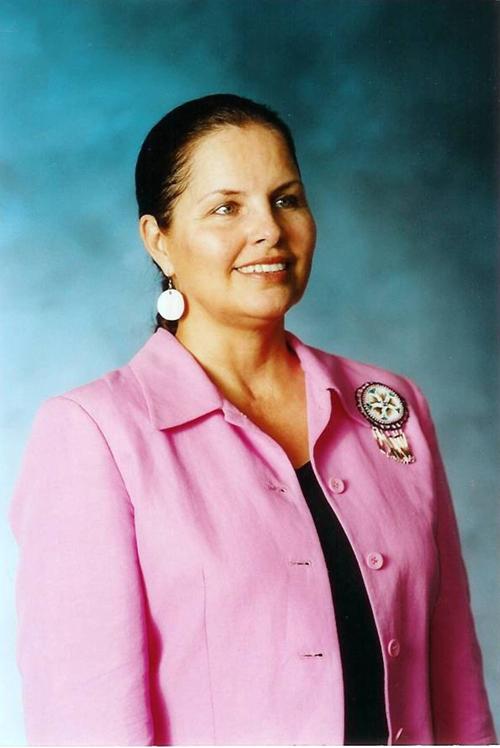Lindquist should be considered
Cynthia Lindquist was an adjunct faculty member for the UND School of Medicine and Health Sciences. Photo courtesy of und.edu
If you’re going to accept one late applicant for an interview, then you must be fair to the other late applicant. Minot State President Steven Shirley got the call to go down to Bloomington for a round of interviews held by the presidential search committee, so why didn’t Cynthia Lindquist, the president of Cankdeska Cikana Community College in Fort Totten, N.D., get an interview?
Every other viable applicant got the call to come down to Bloomington, Minn., and Lindquist’s resume closely resembles other applicants. Lindquist compares quite nicely to Shirley, as both are UND alumni who’ve gone on to lead small universities in N.D.
Personally, I put a priority on candidates who have been students or faculty members of UND because they will be more in-tune with the needs of the university while coming in with a good understanding of UND culture. If you’re like me and you heavily prioritize the UND experience, then Lindquist would be at the top of your list.
But if you prioritize presidential experience at large schools, Lindquist does not hold her own in that category. If you’ve heard of Candeska Cikana, you either live in Fort Totten, know one of the 250 students who attend the community college, got lost traveling in the Spirit Lake Reservation or you’re a alumni.
Lindquist was surprised the presidential search committee judged how large enrollment was at each candidate’s school. She thinks her gender and small school size ultimately cost her the opportunity to interview with the committee, as she’s noticed rhetoric that is unbecoming of females in leadership roles and inclusiveness in general.
It seems to me the search committee either left Lindquist out because of her lack of leading a big school or it is continuing the trend of under representation of female and minority administrators.
Whenever a female falls short of achieving an administrative position, the phrase “glass ceiling” is often used. The reason I hate the phrase is because it’s so attached to women’s struggles to reach the top. Anyone who isn’t born into wealth will hit the glass ceiling eventually, as those born in the middle class are all but guaranteed to stay in the middle class. This makes sense when you think of investment returns.
When you invest your money, the hope is that over time your investment will give you greater returns. Those who can afford the biggest investment often get the biggest returns. So if your parents invested in you going to a private school and you know the wealthy people in your neighborhood, chances are high you will succeed just like your parents did.
While the glass ceiling is still a real problem in today’s society, it’s important to note the glass ceiling has gone up a few floors. Every decade since the 1960’s has had an increase in diversity for chief administrators. It’s only a matter of time before there’s equal opportunity for anyone seeking an administrative position.
Change is slow, and I would advise caution to Lindquist on filing her lawsuit against the university. Linquist should be given an interview, and I think UND would have a better group of finalists if they did so.











